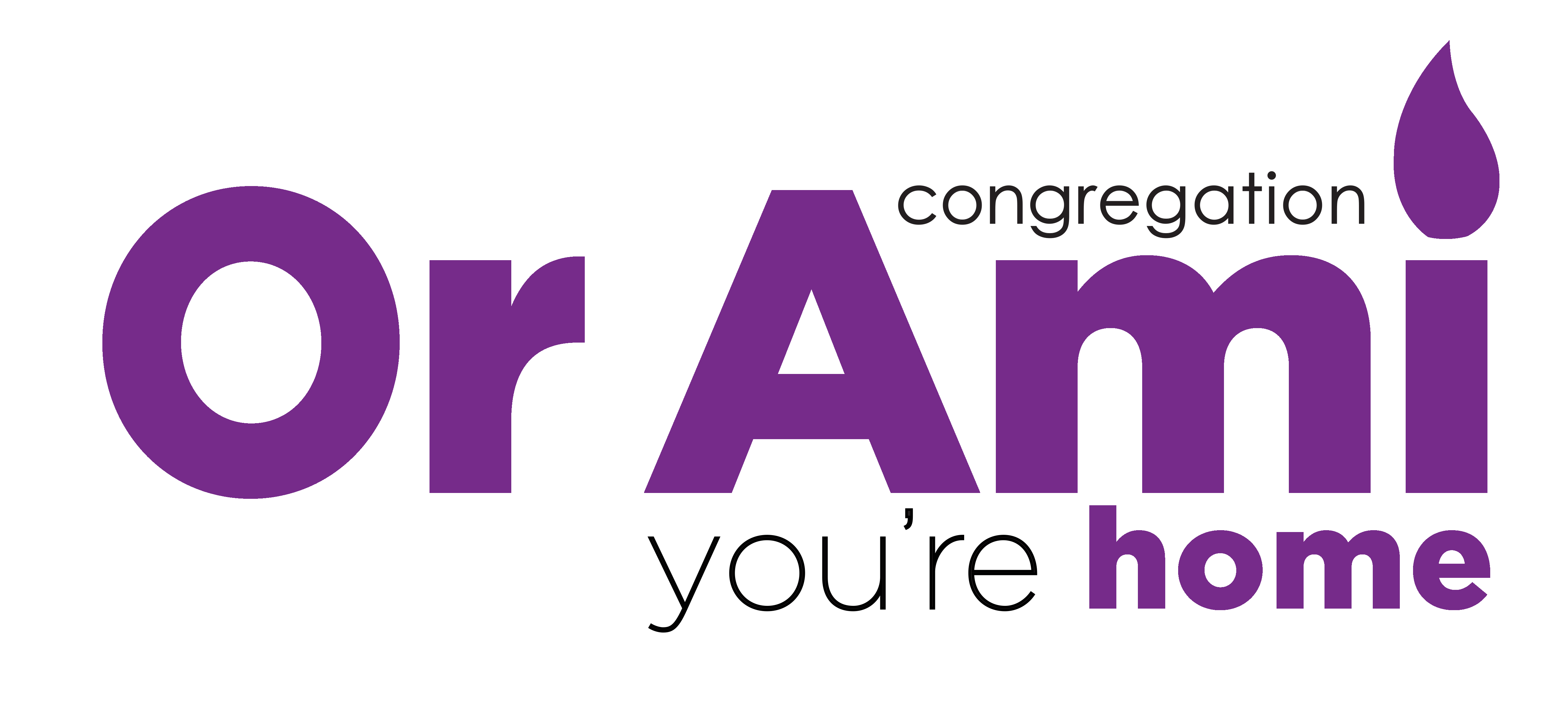Each of us is a small light but together we are a strong light.
by Rabbi Lana Zilberman Soloway
The Talmud teaches about Adam and Eve, the first humans, and tells us they were panicking when they first saw the sun set, thinking that it was a consequence of their wrongdoing. They spent their entire first night weeping, until dawn broke and they realized, to their immense relief, that this was simply the way of the world – day followed night, and night followed day.
The month of December is the darkest time of the year. Days are the shortest and nights are the longest. It can be hard and depressing at times. Maybe that is also the reason why in so many traditions this month has festivals of light: Chanukah, Christmas, Diwali (a five day Indian Festival), and Kwanzaa (African American candle celebration). These festivals illuminate the darkness with possibility, with goodness, with beauty, with light.
These festivals are often related to miracles, and Hanukkah is the best manifestation of that.
Our sages raised the question: why do we celebrate eight days of Chanukah and not seven? We know from the story that there was enough oil to light the Menorah for one day, so the first day is not really a miracle, only the remaining seven.
Rabbi David Hartman z”l explained that the miracle of the first day was the willingness of the Maccabees to light the Menorah on that first night without knowing how it would turn out later. It’s a marvelous example of our people’s courage to start a process without knowing how it would end, to live fully without knowing for how long we are here.
The lights of Chanukah encourage us to trust new beginnings and to believe in the possibility of a better future, of a brighter world. We find in it the strength to keep on going, taking the first step toward an idea, a vision, a dream. The Menorah stayed lit for eights days and nights, because someone was willing to make the decision to light it the first night. Is it possible that this “someone” was not one person, but a group of people, a community?
One of the most famous Israeli Chanukah songs talks about the power of community, saying: Kol echad hu or katan ve’kulanu or eitan, meaning, each of us is a small light but together we are a strong light.
Adding to that, Rabbi Abraham Itzhak Cook z”l taught us that each of us should know that inside ourselves there is a candle. No two candles are the same. Each of us should work hard to reveal our burning flame in public and connect it to the larger flame to light up the entire world.
On this Chanukah, may we be courageous to light the darkness around us and remember that each of us is a small light, but when we combine our candles together we become fierce and we shine bright.
Open your eyes,
see the world around you.
See that you are still in it.
See that there is light, even in the dark.
See that there is joy, even in sadness.
See that there is love, even with hatred.
See that there is time, even if it is short.
See that there is a world,
and see that you are still in it,
because for better or worse,
there may be a reason, and
there may be a rhyme to it all.
And maybe, if we stay,
and see something good each day,
maybe one day we’ll know what
everything is all about.
(Meditation for Candle lighting by Brasha Smith)
